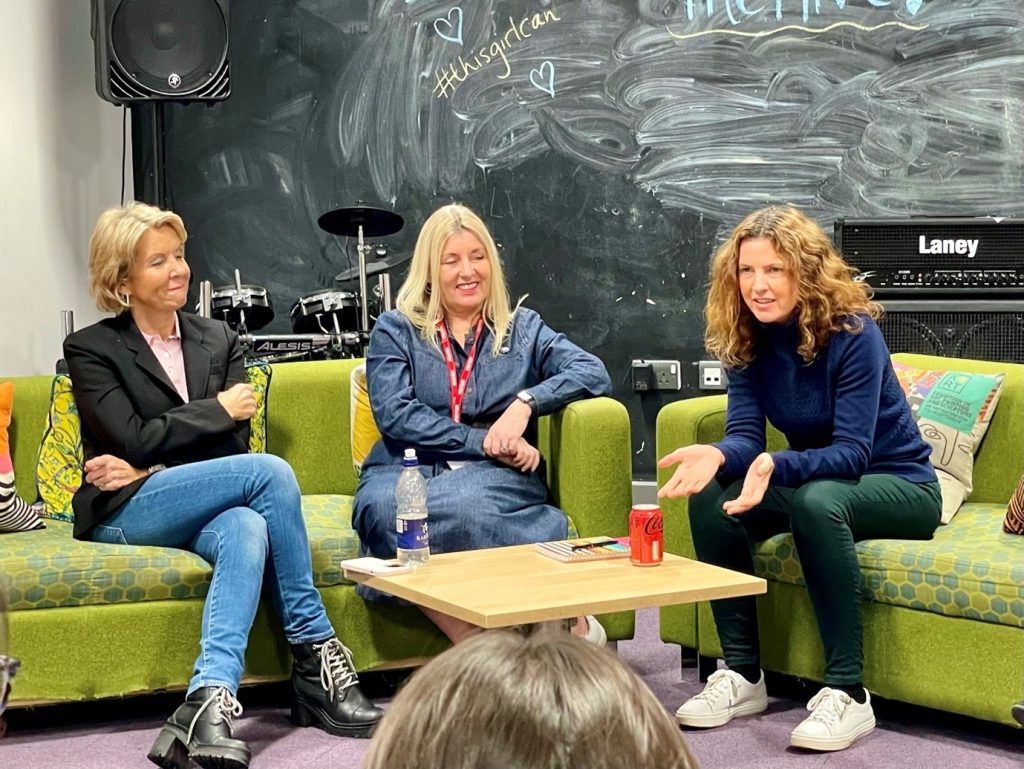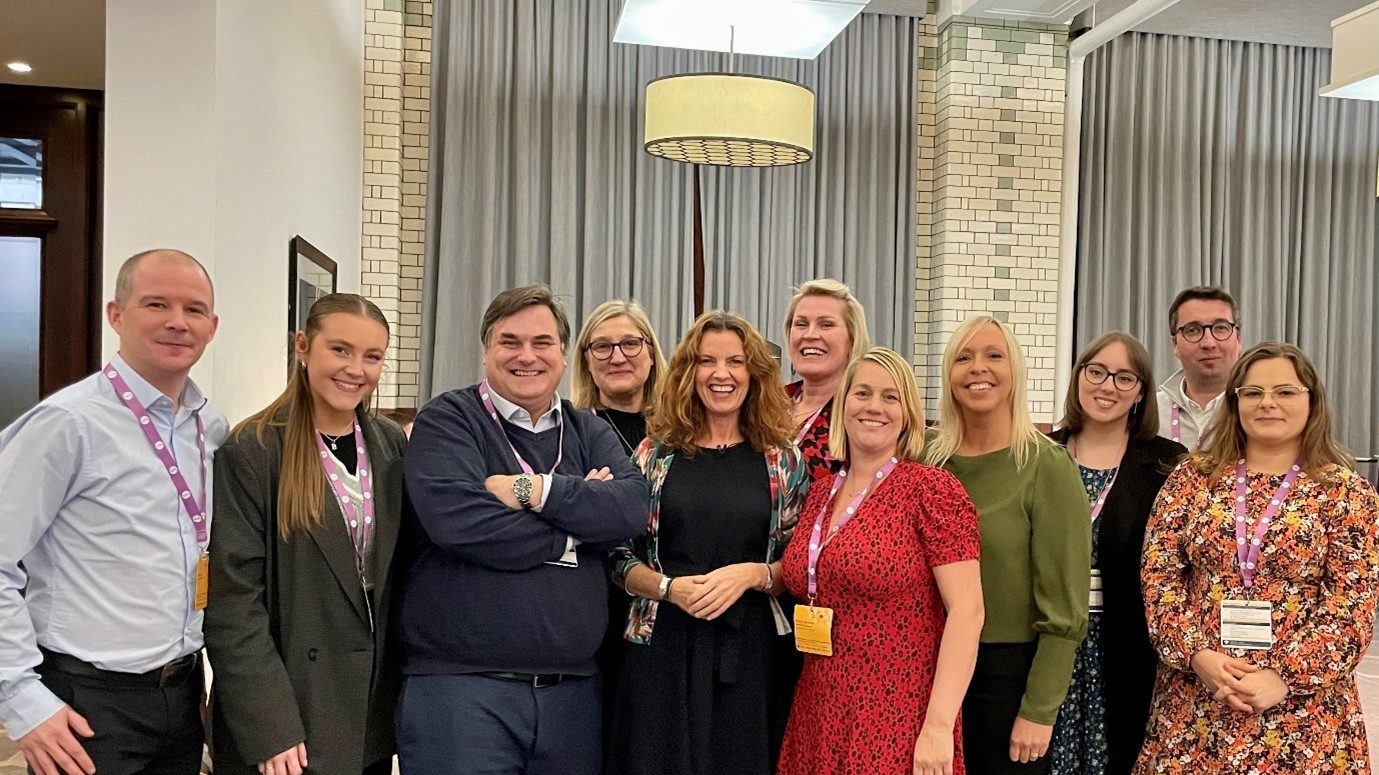
My first experience of a psychometric test came when I was 22. When in my first Director role, as part of a leadership course where I headed off to the hills of west Scotland with much older leaders. I was nervous, even though the administrators told me “there are no right or wrong answers”. How could that be the case?! Surely everything has a right or wrong answer when it comes to work?!
I bit my nails as I waited for the 1:1 de-brief. I had no idea what to expect. And I’d no idea what I’d learn. Maybe it would all be hocus pocus. Perhaps a bit of fun. But possibly, just possibly, something insightful that would help me learn. And I SO wanted to learn.
As George, a kindly gentlemen, sat me down, he again said, “there are no right or wrong answers”. It didn’t convince me any more than it did the first time.
But as he explained all about the Myers Briggs Type Indicator tool, with its four dimensions and twenty facets, my face lit up. I leaned in. This was rooted in a lot of research and evidence.
And then he started to tell me about my personal profile. I was transfixed. How could this tool, with a few dozen questions, know so much about me? I didn’t agree with all of it, but it was very close, and the disagreement led to a very interesting conversation about how I might see myself in one way, but perhaps I was a bit different at work to home. Well, yes, I said. I hadn’t thought of that.

And even better, he then outlined some great development exercises to help me flex so I could work better with people of other types, and understand more about why people see things and work differently.
I think that was one of the most illuminating days of my life. So it’s perhaps no surprise that I went on to use one psychometric tool or another with every team I’ve worked with since. They quantify psychological behaviour, abilities, and problems and make predictions about psychological performance. And given so much of what we achieve is driven by our mindset, that seems particularly important when working with teams in complex environments where team working, or innovation, or problem solving are essential to company success.
I learned there are three types of psychometric tests: Intelligence, Aptitudes & Skills, and Personality. There are over 5,000 aptitude and ability tests alone. But the ones I see as most useful are the Personality ones. I even went on to accredit myself in several diverse tools thanks to the British Psychological Society, MBTI, Human Insight and others.
As you’d expect, I use these as an executive coach, but more often, they form a part of my thinking as I work with leadership teams who are experiencing communication difficulties, differences in how they deal with conflict, struggles to understand issues as others see them… you get the drift. Everything!
So it’s no surprise that psychometric testing has become a very powerful assist for employers, leaders and colleagues alike.

Different tools do different things. Some tell us how close someone’s preferences and character is to what a role needs. Those are used as a part of a selection process, alongside the other data provided by a CV, references and interview. After all, people aren’t necessarily objective when they are applying for a job! So getting some extra evidence about how much development they might need can get you off on the right foot from the outset. It can also help ensure that hiring managers avoid the pitfall of hiring someone just like them – a little diversity can go a long way in helping teams work more creatively and solve complex problems more effectively.
Other questionnaires tell us how someone prefers to think, absorb information, make sense of challenges, all things that are really helpful when going about working together on something. Even better, if a whole team can undertake it, and share their reports, it follows that room for confusion, conflict and chaos are vastly reduced!
Still others really focus on one thing in particular, like the Thomas Kilmann Conflict Instrument. Wouldn’t we all like to know if we’re dealing with a collaborator, a competitor, an avoider, an accommodator or a compromiser – and how to work well with them to achieve common ground when facing conflict?

And I can’t leave out the Honey and Mumford Learning Style questionnaire which helps us figure out how best to show someone something new, or learn ourself – are we pragmatists, activists, reflectors or theorists? If you’re a reflector being trained by an activist, you could be in for a rough few hours together unless you can explain what you need to learn best, and they can adapt how they show you. Understanding this quickly saves time and money, and reduces stress too. Who wouldn’t want that?
So, if you’re looking to get the best out of a more diverse team, solve complex problems, or innovate some new ‘stuff’, you could do a lot worse than use psychometrics to help develop your team. After all, “there’s no right or wrong answer”, but there is a LOT of insight to help you beat the competition!
Adrienne Kelbie CBE, FRSA, HonFNucl, FEI, FCIPD, CCMI














